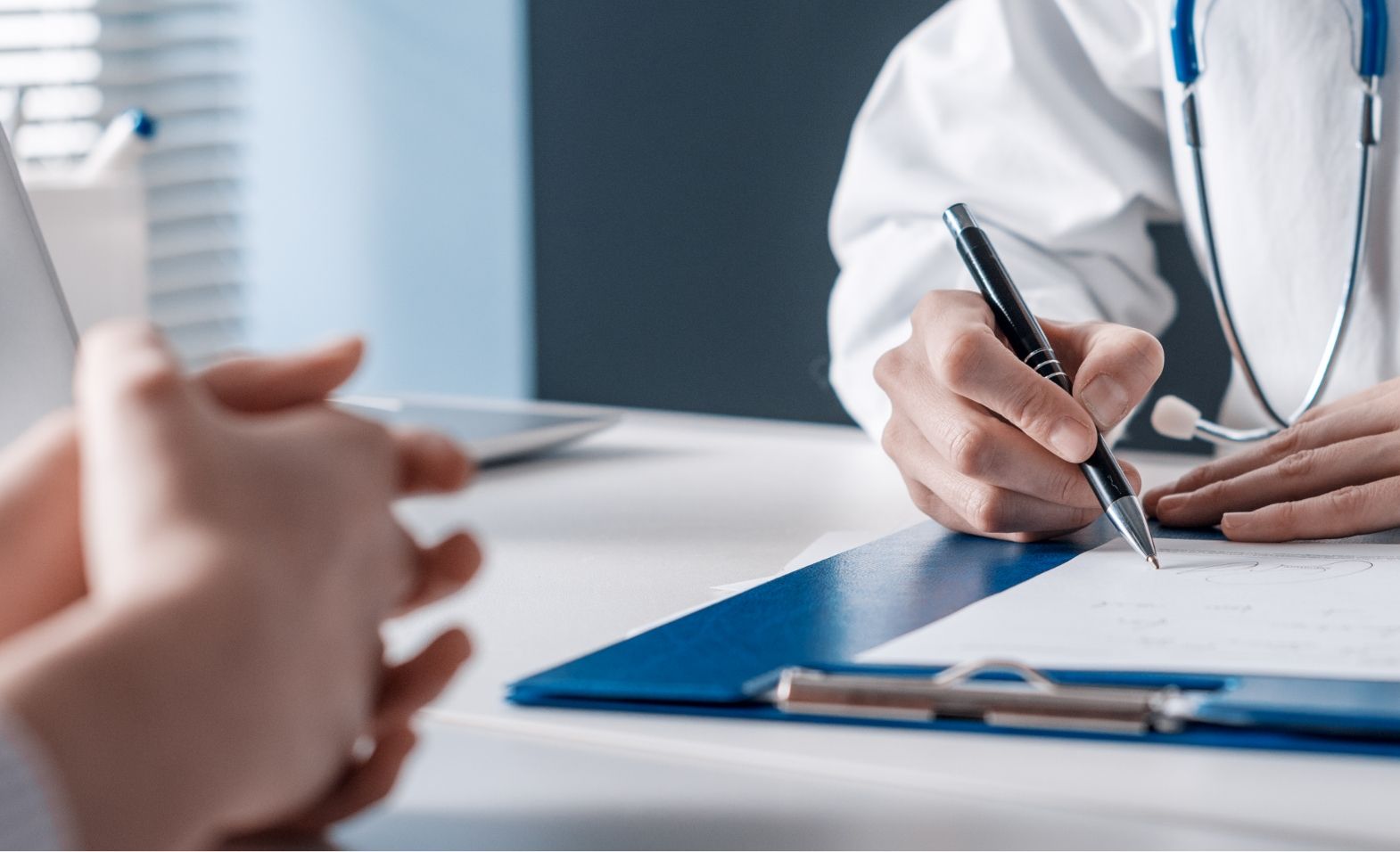Hangover
Hangover
Helping people make informed choices about alcohol.


Hangover
If you drink to the point of intoxication, you may get a hangover
SUMMARY
If you drink to the point of intoxication, you may get a hangover
Hangover symptoms include headache, nausea, fatigue and thirst
Drinking to intoxication can cause a hangover
Be cautious using hangover 'cures' such as aspirin due to side-effects

While the vast majority of people drink responsibly, some do occasionally drink too much. When this happens, the body may react with physical symptoms often referred to as a hangover (also known as veisalgia or 'alcohol hangover'). A hangover typically begins within several hours of someone stopping drinking, peaking when their blood alcohol concentration (BAC) falls to zero and continuing for up to 24 hours.
Hangovers have been with us for centuries but the precise biological factors that cause them are not fully understood. We do, however, know what leads to them – drinking too much – and how to avoid them – responsible consumption. Common symptoms of a hangover include headache, fatigue, nausea, anxiety, lack of appetite, thirst and sensitivity to light and noise.
WHAT’S HAPPENING WHEN YOU HAVE A HANGOVER?
Since alcohol is absorbed directly through the stomach, drinking excessive amounts of alcohol can irritate the stomach lining and cause nausea. If consumed in excess, alcohol can promote the secretion of hydrochloric acid in the stomach. Your body may react by vomiting if too much hydrochloric acid builds up in the stomach. Common symptoms of a hangover include headache, fatigue, nausea, anxiety, lack of appetite, thirst and sensitivity to light and noise.
As alcohol is a diuretic, excessive consumption can cause the body to increase the amount of urine it produces. Alcohol also inhibits the production of anti-diuretic hormone, a hormone that keeps the urine concentrated. If you drink too much alcohol, your kidneys may expel water in your urine instead of reabsorbing it into the body, you may urinate more and your body could become dehydrated. Symptoms of mild to moderate dehydration include thirst, weakness, dizziness, headache and lightheadedness – much like those of a hangover. Excess urination also removes necessary salts and potassium from the body. This can result in fatigue and nausea.
Glycogen is the body's main source of stored energy. Alcohol breaks down glycogen in the liver and expels it from the body in the urine. The resulting lower levels of glycogen can make you feel tired and weak until the body restores its supply.
When the liver breaks down alcohol, it produces a toxic substance called acetaldehyde. In turn, acetaldehyde is broken down by an enzyme called glutathione. When too much alcohol is consumed for the liver to keep up, acetaldehyde can build up in the body until the liver is able to metabolise it. This may leave you with a headache and feeling nauseous.
Excess alcohol can inhibit the production of glutamine, a naturally occurring stimulant in the body. When you stop drinking, the body may react by overproducing glutamine. The increased production of glutamine can stimulate the brain, making for a restless night and contributing to feelings of fatigue and anxiety.
Although some old wives' tales claim to have a cure for the hangover, it’s drinking water and giving the body plenty of time to heal that will help you feel better. Also, be cautious about reaching for quick relief from aspirin, ibuprofen or paracetamol (acetaminophen). Each has side effects (e.g. stomach bleeding and possible kidney and liver damage) that can be exacerbated when alcohol is in your system.
The best cure for a hangover is prevention. Be careful about your intake, drink plenty of water and remember that it is better to drink alcohol on a full stomach.




